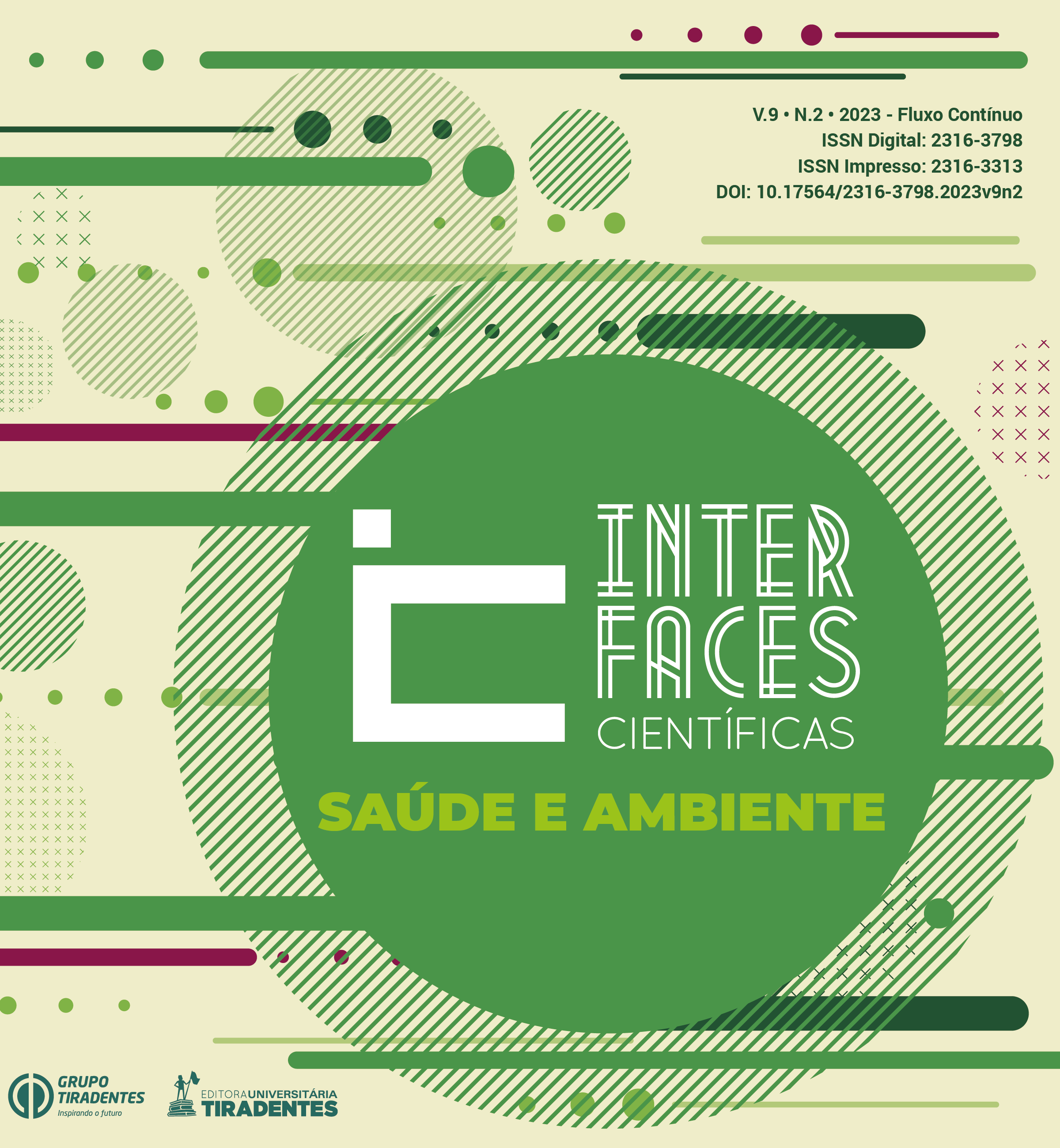INCOME, OCCUPATION AND PSYCHOSOCIAL HEALTH OF TRANSGENDER PEOPLE DURING THE COVID-19 PANDEMIC
DOI:
https://doi.org/10.17564/2316-3798.2023v9n2p261-277Publicado
Downloads
Downloads
Edição
Seção
Licença
Copyright (c) 2023 Interfaces Científicas - Saúde e Ambiente

Este trabalho está licenciado sob uma licença Creative Commons Attribution-NonCommercial 4.0 International License.
Autores que publicam nesta revista concordam com os seguintes termos:
a. Autores mantêm os direitos autorais e concedem à revista o direito de primeira publicação, com o trabalho simultaneamente licenciado sob a Licença Creative Commons Attribution que permite o compartilhamento do trabalho com reconhecimento da autoria e publicação inicial nesta revista.
b. Autores têm permissão e são estimulados a distribuir seu trabalho on-line (ex.: em repositórios institucionais ou na sua página pessoal), já que isso pode gerar aumento o impacto e a citação do trabalho publicado (Veja O Efeito do Acesso Livre).
Resumo
The COVID-19 Pandemic has widened several social inequalities, mainly in highly vulnerable social groups, such as the trans population in Brazil.Considering this scenario, we carried out a cross-sectional study through interviews with trans people assisted in an outpatient clinic in São Paulo to analyze the psychosocial and income aspects of trans people during the COVID-19 pandemic. Ninety people agreed to participate in the research, 46 men, 34 women, five people of non-binary gender, two travestis, and three people who mentioned other gender identities. Among these, 54.4% were in the Cadastro Único, and 28.6% accessed Auxílio Emergencial during the pandemic. However, trans men and people of non-binary gender were less likely to use any assistance benefit (p<0.001), in addition to trans men having a higher pre-pandemic income than trans women. Furthermore, 14.4% of participants reported sex work, occupation which was related to transfeminine gender identity (p=0.011), and sex workers had a more significant impact on income reduction (p=0.003). However, our data differ from other national surveys and in São Paulo city with transgender people; because our sample has a higher prevalence of formal jobs, higher education level, a lower percentage of sex workers, and lower use of emergency assistance during the pandemic. However, 68.9% of the sample reported symptoms of anxiety, 60% of depression, and 51.7% of suicidal ideation associated with compromised income during the pandemic (p= 0.018). Therefore, we concluded that our research participants had a different socioeconomic and mental health profile than other studies with transgender people, probably because it is a sample also containing people linked to a university and with health care associated with support for gender identity. However, during the COVID-19 pandemic, they had an increase or appearance of anxiety and depressive symptoms, in addition to suicidal ideation associated with reduced income. Furthermore, it is worth noting that the reduction in income during the pandemic was more associated with feminine trans identities and the occupation of sex workers, in addition to other disparities in access and socioeconomic status between different gender identities. That indicates the need for public policies to reduce social inequalities and prevent mental health in low-income transgender people.




















